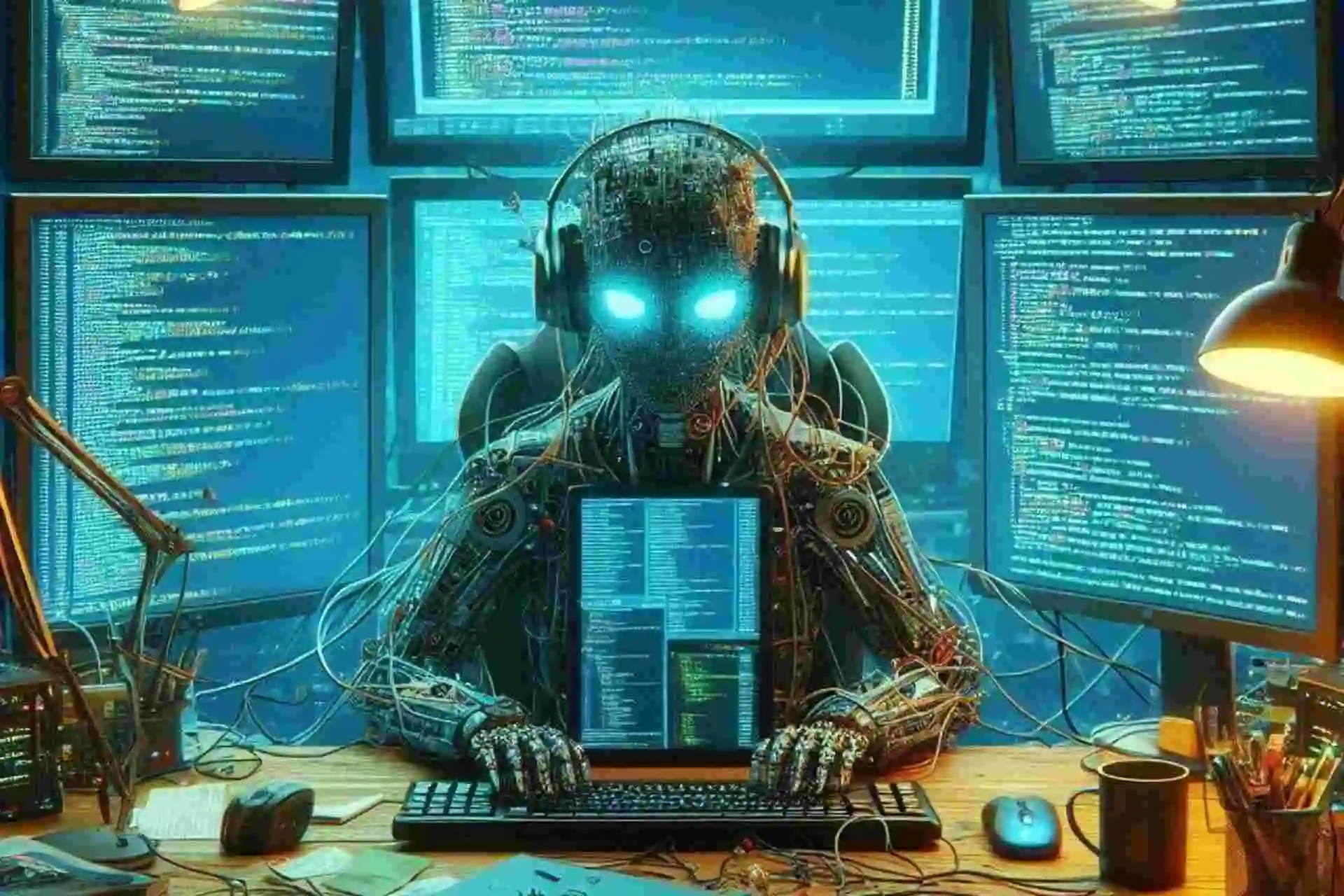Even in 2025, businesses are still not confirmed of the potential applications of AI. CES indicated AI-powered kitchen appliances, baby cribs, and other items that didn't really require AI.
Look at Spicerr, an "intelligent" spice dispenser with a touchscreen that can find your cooking preferences and recommend inventive dishes. To begin, Spicerr's usefulness is a little unclear. Spicer uses published, non-refillable capsules that cost $15 to $20 and don't grind.
AI Gadgets at CES
Dreo's ChefMaker 2, an AI-driven air fryer, was displayed elsewhere at the conference. Mind you, the idea isn't quite completely as crazy as Spicerr. ChefMaker 2 can extract recipes from cookbooks and even manage the complex math involved in identifying cooking temperatures and timeframes through a page-scanning function.
Amazingly, even more bizarre AI gadgets were presented at CES. The Project of Razer is inexplicably named despite the murderous robot from the 2014 film "Ex Machina," Ava is an "AI gaming copilot," based on business. Without playing games for you, Ava significantly plays games for you. Ava takes screenshots of your computer screen with your approval and then offers guidance (e.g., "Dodge when the blade spins").
Ava is difficult because, as Sean Hollister of The Verge notes, it was developed on game manuals yet fails to give credit to the writers. It's diverting, too. Ava breaks the game's audio to deliver instructions; at least in its current configuration, it has a some-second delay.
AI Trends and Limitations
The unbridled excitement in the business appeared in the CES AI goods. In the United States alone, AI startups increased by $97 billion last year, which was necessary to purchase 42 Spheres. Due to the many potential benefits and minimal drawbacks, vendors are tossing AI spaghetti at the wall to see what sticks.
They frequently meet the limitations of AI as it now exists. Identifying which AI use cases are technically possible for the industry has proven difficult. It often results in overpromising and underdelivering. ChatGPT seems to make mistakes. Historically, image generators are not reliable. In AI videos, characters also mix into one another's bodies.
Air fryers, spice dispensers, and "AI gaming copilots" are some samples of IRL AI trash that humans are forced to utilize. Although they aren't what most of us wish for, they are now obtainable with comparatively little R&D lift. I hope that next year will be brighter.

